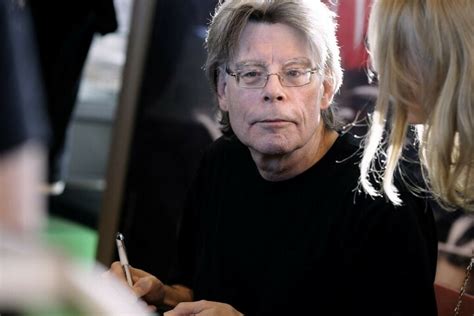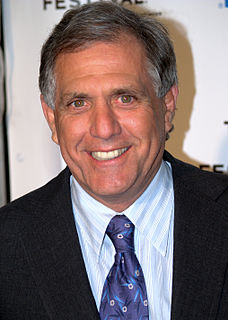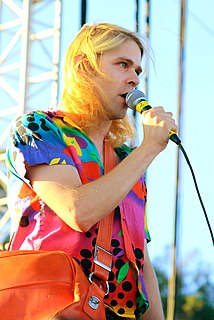A Quote by Ai Weiwei
I often feel more disgust than pride about this kind of success. So there's no regret whatsoever.
Related Quotes
The fundamental defect of fathers, in our competitive society, is that they want their children to be a credit to them. We all feel instinctively, that our children's success reflect glory upon ourselves, while their failures make us feel shame. Unfortunately, the successes which cause us to swell with pride are often of an undesirable kind.... Neither happiness nor virtue, but worldly success, is what the average father desires for his children.
I would not unduly praise the virtue of restraint. It is often merely temperamental. But it is not always a sign of coldness. It may be pride. There can be nothing more humiliating than to see the shaft of one's emotion miss the mark of either laughter or tears. Nothing more humiliating! And this for the reason that should the mark be missed, should the open display of emotion fail to move, then it must perish unavoidably in disgust or contempt.
More often than not when we do not like our work, it's not necessarily because of the work itself. But more often because of the people we work with and more importantly because of the lack of leadership. It is amazing how inspired and motivated we can be when we like the people and when we feel like we show up to work because our leaders care about our wellbeing. It is kind of incredible actually.
My career is a burden, but I can't just fade out like a pathetic sore loser. More often than not, I'm just making a fool of myself for the hundredth time, and that wasn't part of the plan, initially. I'd be happier not having any kind of public presence whatsoever and just hiding behind the sleeves of the CD.
Success gives you a platform for further success - suddenly everybody wants to work with you, and your opportunities and possibilities open up. But at the same time, success is also immensely challenging - it ultimately often creates pride, stubbornness, and sloppiness that beget failure, taking down people and organizations.
Many ... begin to make converts from motives of charity, but continue to do so from motives of pride. ... Charity is contented with exhortation and example, but pride is not to be so easily satisfied. ... Whenever we find ourselves more inclined to persecute than persuade, we may then be certain that our zeal has more of pride in it than of charity.
The final moment of success is often no more thrilling than taking off a heavy backpack at the end of a long hike. If you went on the hike only to feel that pleasure, you are a fool. Yet people sometimes do just this. They work hard at a task and expect some special euphoria at the end. But when they achieve success and find only moderate and short-lived pleasure, they ask is that all there is? They devalue their accomplishments as a striving after wind. We can call this the progress principle: Pleasure comes more from making progress toward goals than from achieving them.







































